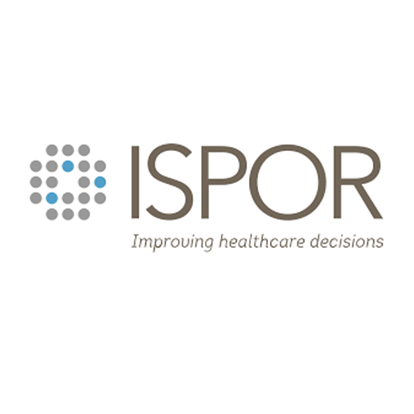Session information:
Title: At-home Versus In-clinic Patient Reported Outcome Compliance in Oncology Clinical Trials
Date: Wednesday, May 18th, 2022
Poster session time: 9:00 a.m. – 12:45 p.m.
Presentation time: 9:00 a.m. – 10:00 a.m.
Objectives: There is increased regulatory emphasis on using patient reported outcomes (PROs) to provide additional information on clinical benefit beyond traditional survival and tumor response endpoints. Latest recommendations outline core PROs to consider and highlight the need for more frequent assessments to obtain a more accurate depiction of patients’ quality of life. To accommodate these recommendations, PRO collection is shifting from the clinic to patients’ homes to allow for more frequent collection while reducing the burden of travel and site visit time. However, given disease progression characteristics, oncology studies are already at risk for low compliance, and unsupervised at-home PRO collection puts greater responsibility on patients. We aimed to determine the impact of at-home data collection on PRO completion compliance.
Methods: Using data from 25 oncology clinical trials across indications, we compared completion compliance between studies collecting PROs via a handheld device (with most or all assessments completed at home; N=17 studies) versus a tablet device (with all assessments completed at the site N=8 studies). Analysis included 849,091 administered assessments across 14,284 participants.
Results: Completion compliance did not differ between studies collecting PROs via handhelds at home (M=83.9%, SD=6.6%) versus studies using tablets at the site (86.3%, SD=7.3%; t(23) = -0.79, p = 0.44).
Conclusions: With new regulatory guidance on PROs in oncology comes the responsibility of those designing and conducting trials to not only collect what is meaningful to patients, but to do so in a way that minimizes patient burden. In considering new recommendations for more frequent PRO administration, at-home data collection strategies may reduce patient burden by reducing patient travel and visit time. Our results show that PRO compliance remains high when collected at home on a handheld device, suggesting that at-home electronic PRO completion is a viable and useful strategy for PRO collection in oncology clinical trials.
Presenters

Kelly Dumais
Senior Scientific Advisor at Clario
Dr. Dumais is a scientist with over 13 years of experience in behavioral and life science research. She has expertise in the implementation of electronic clinical outcome assessments (eCOA) and the development and validation of patient reported outcomes (PROs) to support labeling claims. She is currently a Senior Scientific Advisor at Clario, a global data and technology company that helps to minimize risk in clinical trials. She consults on best practices for questionnaire design and eCOA design/use to drive data integrity and patient engagement and develops custom site rater training and participant training for improving accuracy in COA reporting and improving inter-and intra-rater reliability.
